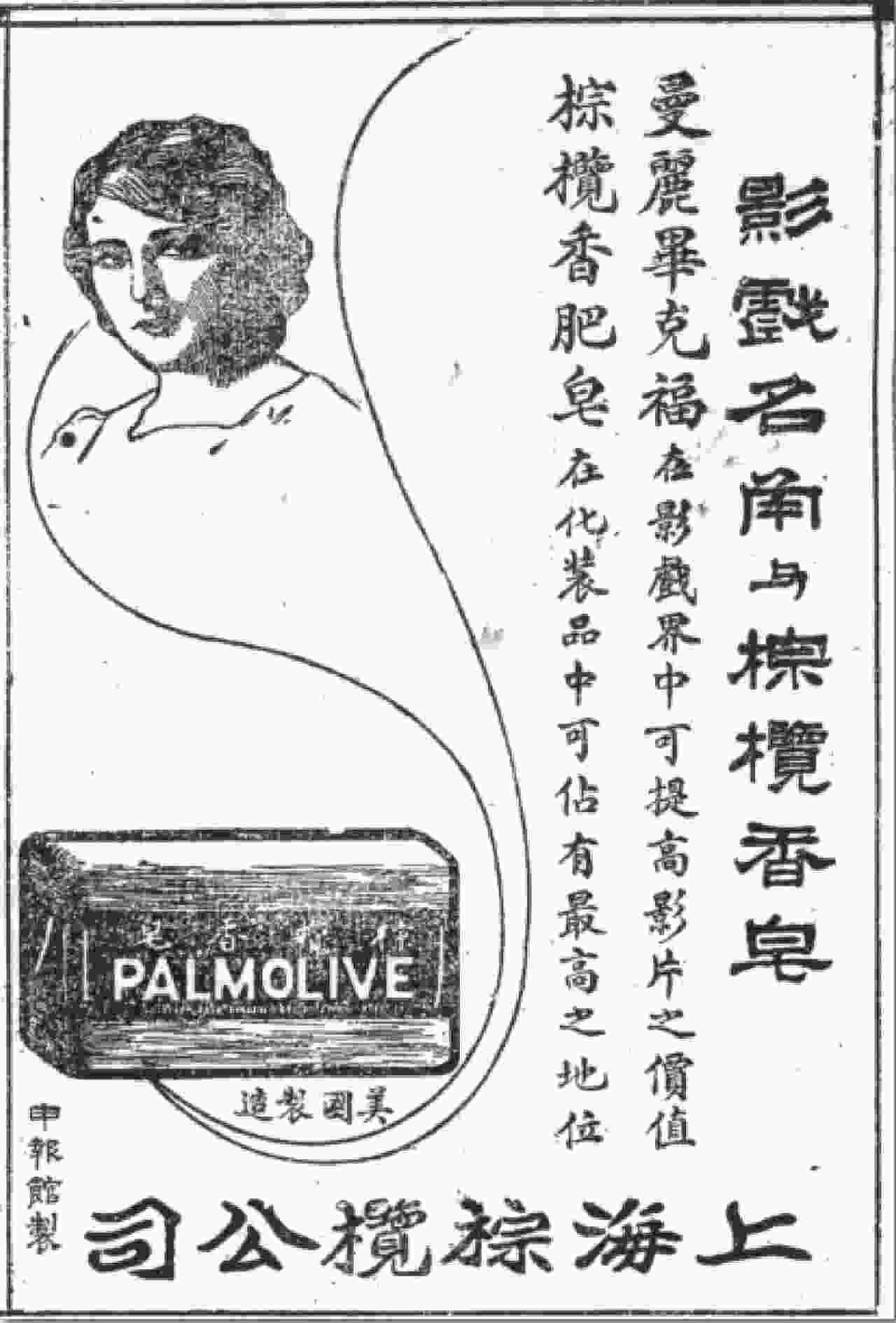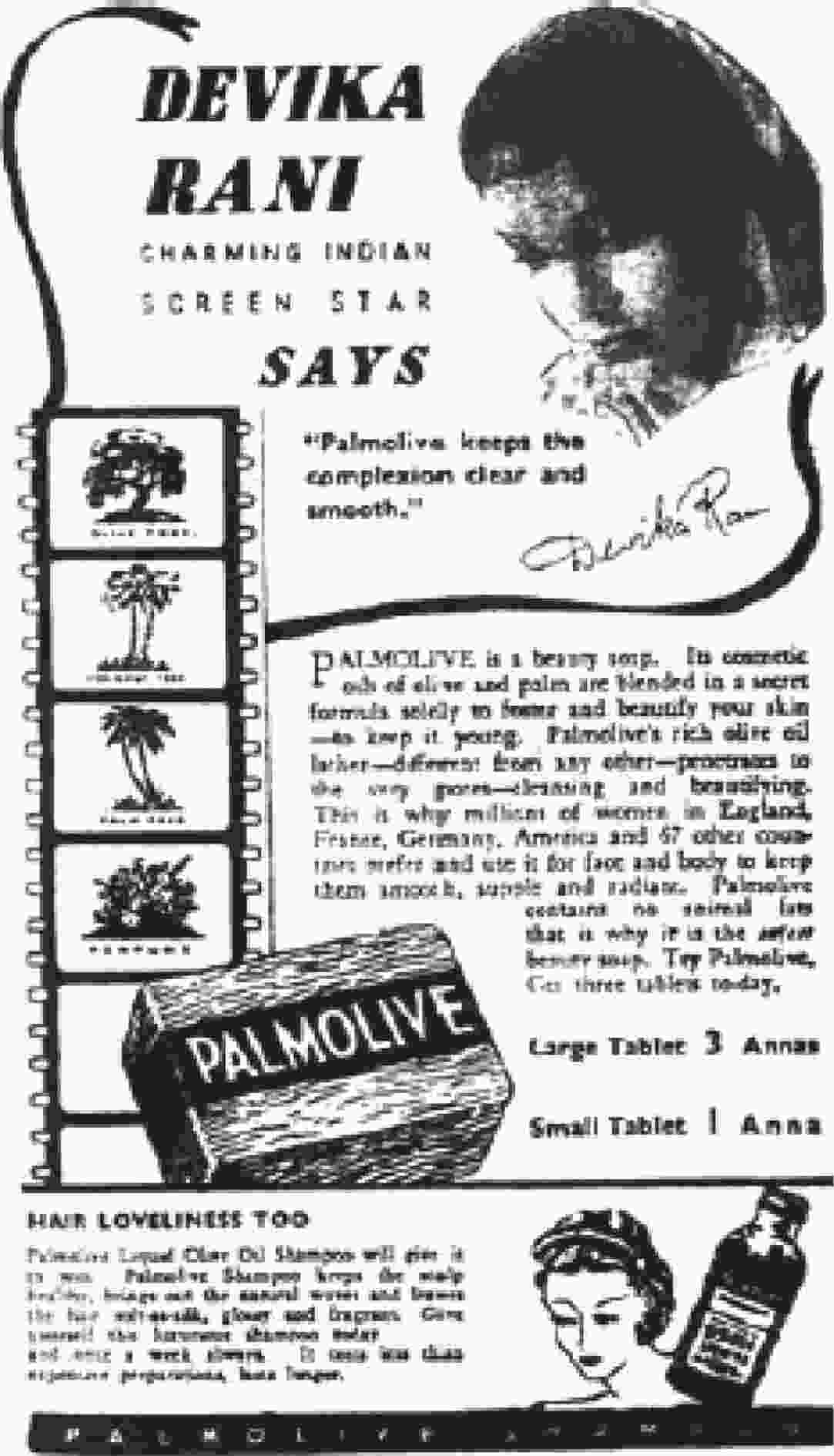商品、家庭与全球现代性—论鲁迅的《肥皂》
Commodity, Family and Global Modernity
-
摘要: 在鲁迅小说中《肥皂》引起的争议是最多的。近年来学者从女性本位、心理分析、话语结构或多重象征意蕴等角度重读这篇小说,释放出多元读解的可能。本文从商品的视角解读《肥皂》,指出整篇小说描写一块洋肥皂在一个旧式家庭中所掀起的“茶壶里的风暴”,表明四铭作为旧阶级成员,一面大讲仁义道德反对新事物,一面不自觉被肥皂和小家庭所蕴含的社会“进化”过程所形塑,意味着作者对都市经济秩序、个人物欲赋予某种理性且不乏包容的思考。这样的主题标志着鲁迅小说创作的某种转折,他从“国民性”整体批判转向对城市生活与家庭结构的观察,而在写实的独特风格的追求中运用理性之光剖析人性及其阶级属性的复杂形态,借此达到对于现实中国更为准确的把握。Abstract: Among Lu Xun’s short stories, Soap(《肥皂》) might be most disputable. In recent years scholars read it from perspectives of femininity, psychoanalysis, discourse structure, etc., and opened new dimensions for interpretations. This paper reads Soap from the angle of commodity and points out that it ironically depicts a “storm in a cup” caused by an imported soap which Siming buys for his wife. As a conservative against any social change he unconsciously brings his family into the order of world civilization. Soap signifies a shift for Lu Xun’s fiction writing from critically picturing Chinese spiritual backwardness to soberly dealing with issues of family, gender and urban life. In Lu Xun’s view Soap means his mature style in representing reality with ingenious techniques. Finally, this paper discusses the story’s significance in the historical context of power relations between China and West in terms of capital, nationalism, gender and commodity consumption.
-
Key words:
- Lu Xun /
- Soap /
- fiction /
- femininity /
- commodity
-



 下载:
下载:




 沪公网安备 31010102003103号
沪公网安备 31010102003103号